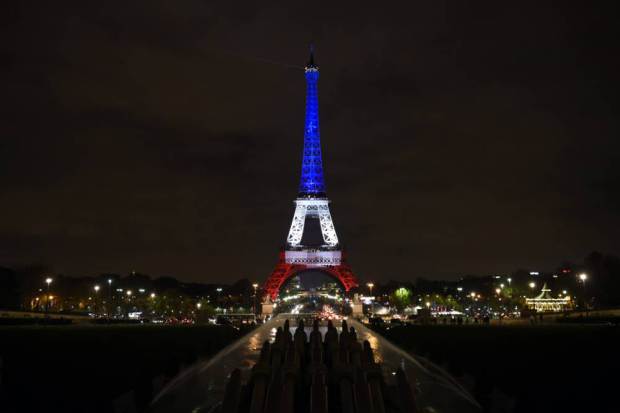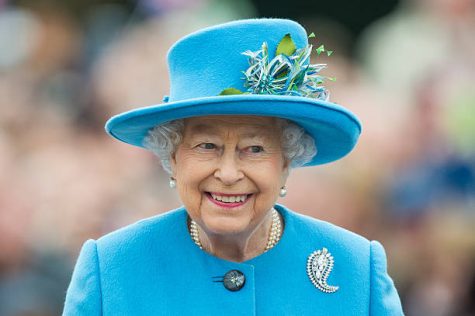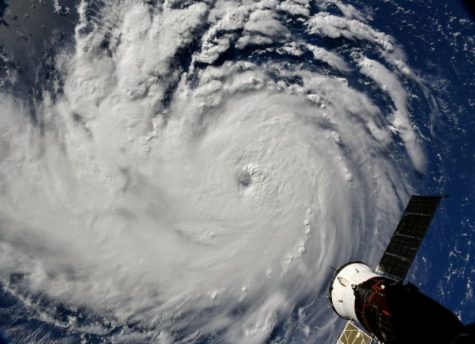Paris terrorist attacks result in 129 casualties and international ramifications
The colors of the French flag illuminated the Eiffel Tower in memory of the victims of the attacks (Source: Getty Images)
On Thursday, November 12, during a seemingly normal Parisian evening, terrorist attacks were carried out in six different locations in Paris, France, that involved shootings and suicide bombings. Parisians and tourists alike were excited to spend the night against the illuminated backdrop in the City of Light, taking for granted the safety of first world constructs that modern security could handle.
However, as the sound of a bursting bomb rang throughout the expanse of Stade de France sports stadium, panic and terror crumbled these confines of safety when for a night, overwhelming fear of terrorism leaked once more into the modern world.
A second bomb exploded outside the arena on Rue Rimet street as four unsuspecting passersby were killed in the blood range of the blast. Southeast of the stadium near downtown, an armed gunman opened fire on Le Carillon and Le Petit Cambodge restaurants with assault rifles in hand, killing 15. Four additional attacks were carried out that night, including four other restaurants, one bar and a concert hall while an American band was performing. As a result of these attacks, 129 people died and 352 were wounded.
ISIS released a video in which it claimed responsibility for the attacks announcing its retaliation against countries that are currently conducting airstrikes against its fighters. The fighter filmed in the video warned all European countries to beware, as well as swearing to “strike America at its center in Washington.”
The French president François Hollande has declared war on the Islamic State and in retaliation has conducted what is so far their biggest airstrike on IS, dropping 20 bombs on the IS stronghold Raqqa. They destroyed a recruitment center, training camp and arms depot.
In addition, Hollande plans to decrease the probability of future terrorist attacks by adding 5,000 new French police posts within the next two years, making it easier to strip dual national terrorists of their French citizenship and deport potentially dangerous foreigners and pushing to get higher arms trafficking penalties in France. He also plans to meet with US President Barack Obama and Russian President Vladimir Putin to discuss further plans for strengthening security measures.
The Paris attacks have alerted many other countries to augment domestic surveillance. CIA director John Brennan immediately called for increased government surveillance, saying that public “handwringing” over surveillance programs obstructs anti-terrorism and that he hopes the Paris attacks will be a “wake-up call.” He claims that targeted access to personal information and other records is crucial to terrorism investigations, though this statement is largely unsupported. This is reviving a major debate over whether national security should be prioritized over personal privacy.
One faction demands immigration reform in order to decrease, and in some cases ban, the admission of new immigrants into Europe. Many critics argue that an assumption of prospective immigrants as terrorists is unrealistic as well as unfair and discriminative. Some claim that this leads to the pigeonholing of innocent individuals as terrorists.
The impending danger of terrorism from a radical Islamic group, once seemingly distant, has begun to seep into international grounds. The enormity of the quandary we face has finally kicked into the minds of the general public. Whether this now widespread public fear will lead the world toward the right or, rather, less wrong, direction remains to be seen.









